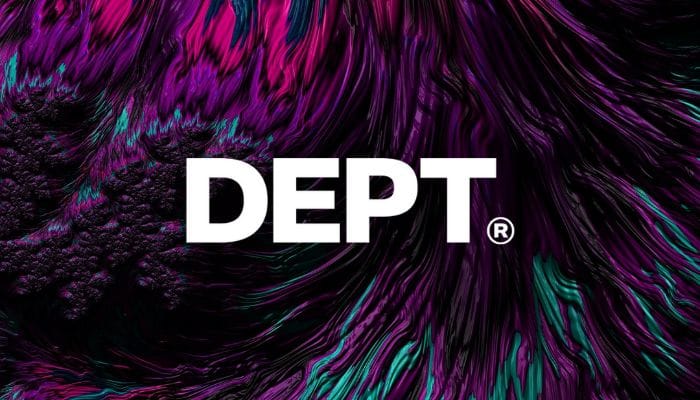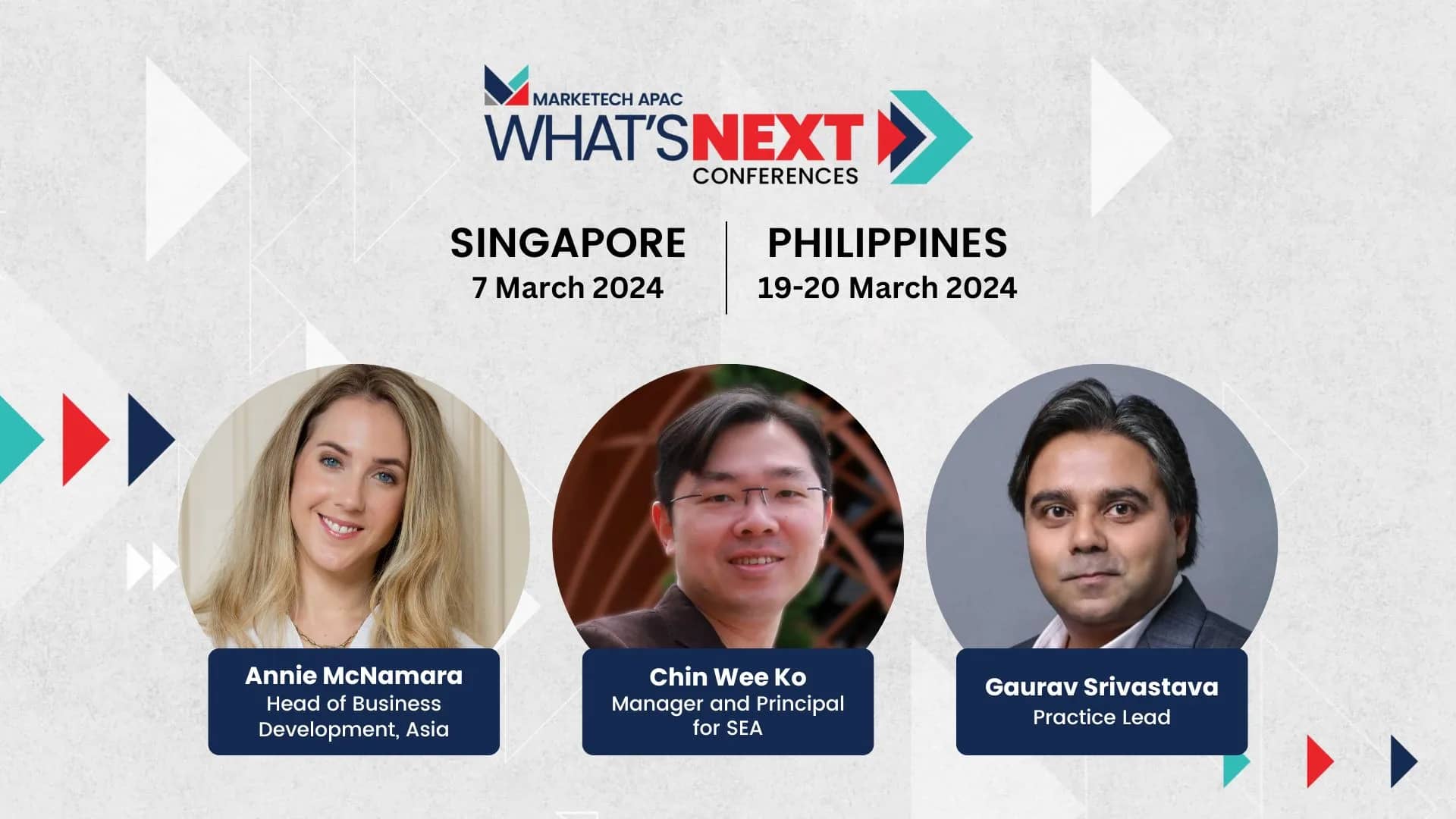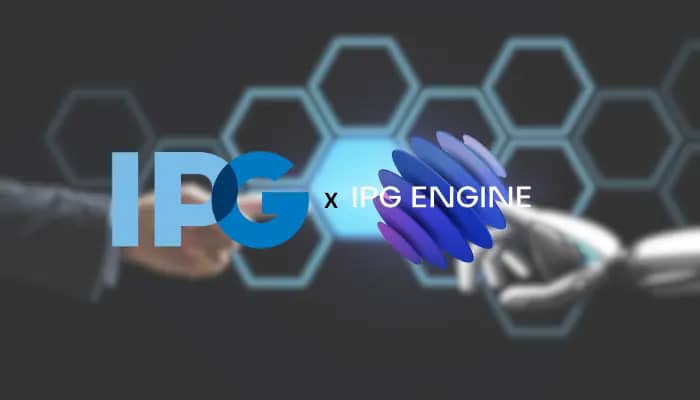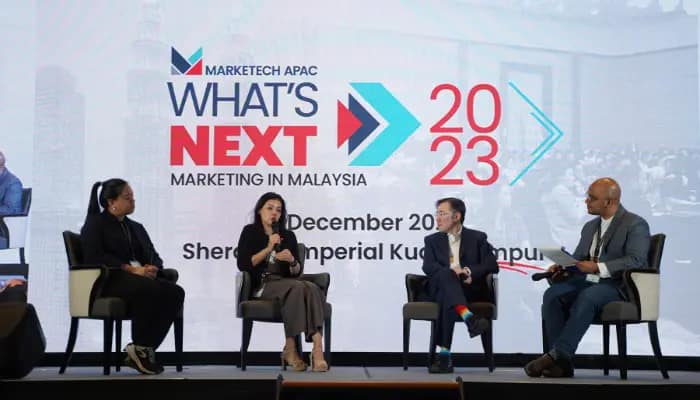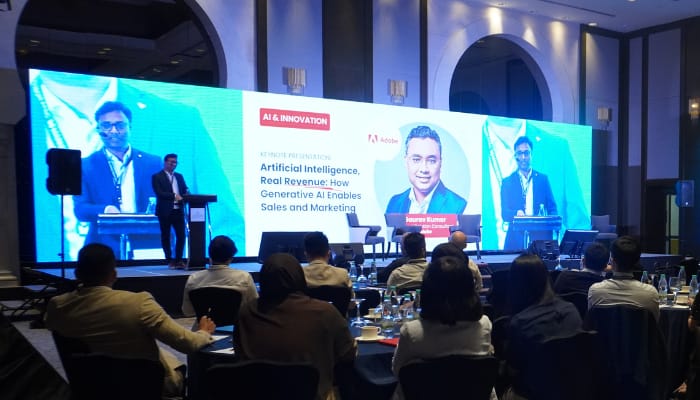In the ever-evolving landscape of businesses, where products and services vie for consumer attention, one strategic principle stands out as a beacon of success — the customer-centric customer experience (CX) approach. As businesses navigate the intricate tapestry of the market, those who prioritise understanding, anticipating, and fulfilling the needs of their customers emerge not only as survivors but as industry leaders.
In this era of heightened competition and discerning consumers, the significance of a customer-centric CX approach cannot be overstated. It transcends mere customer service; it is a holistic strategy that permeates every facet of an organisation, from product development to marketing and beyond.
Despite all of these efforts, the prime point of concern for businesses is to know what strategies they must implement to foster greater customer engagement.
To answer this question, several industry leaders have sat down to discuss these CX trends, strategies, and advice during the recent What’s NEXT 2023: Marketing in Malaysia hybrid conference held at the Sheraton Kuala Lumpur on December 5, 2023.
The panel discussion, featuring Chin Wee Ko, manager and principal solution consultant for Southeast Asia at Adobe; Cynthia Tang Hwee Jing, head of customer experience at Sunway Malls; Su Ling Tan, head of customer experience and services at Touch ‘n Go Group; with Umar Saibukandu, head of marketing automation, acquisitions and analytics at ADA Asia serving as moderator, explores industry discussion on how can brands focus on a more customer-centric CX approach, as well as proactively engaging with consumers through conversational and omnichannel strategies.
More than just analytics: how brands should strive for a customer-centric CX approach
When asked what main strategy brands should focus on in terms of a customer centric CX approach, Adobe’s Chin Wee Ko said brands should have a data marketing approach, and should implement a mix of great ‘art and science’ strategy. In this context, art refers to the content being used and science refers to analytics, more specifically marketing analytics–and not necessarily web or mobile analytics.
With understanding the anonymous customers a brand has, Wee Ko goes on to say that brands should look into their product analytics by defining the artificial distinction between pure marketing and actual product selling. After all, the end goal for brands is that their marketing strategies will be successful through customers availing the brand’s products or services.
He also points out that with third-party cookies going away soon, brands should be more prepared to implement strategies that utilise zero-party data and first-party data.
“First and foremost, it’s important to incentivise customers [and] look into solutions where you can easily create adaptable forms [as well as] carrying out A/B tests, which is something brands are not doing out there most of the time,” he said.
By systematically testing variations, businesses gain a data-driven understanding of what resonates most with their audience. A/B testing empowers organisations to make informed decisions, optimise customer journeys, and stay agile in a competitive landscape. It is also worth mentioning that Wee Ko also advised brands to tap into more durable ID formats by adapting customer data platforms (CDPs), allowing brands to unify customers’ insights using transactional experience data and behavioural data across online and offline channels.
Meanwhile, when Sunway Mall’s Cynthia Tang was asked what specific CX strategies the brand should implement, she said that this depends on whether a brand would want a low-tech or high-tech CX implementation, as well as depending on which brand initiative garners the most attention amongst consumers and whether a brand has ample budget to execute such type of strategy.
“When it comes to customer care, we do use the voice of the customer first [and] understanding what the customer is going through, what is the pain point, and [then] we solve the journey to make it more frictionless,” she explained.
Tang also echoed Wee Ko’s statement on having a data-driven marketing approach, adding that, “When we use the data, we want to reach out the right communication to the right audience. Instead of using the ‘spray and paint’ method, we want actually to go straight to the customers, where the information is relevant to them.”
For Touch ‘n Go Group’s Su Ling Tan, one of the best ways to implement successful CX strategies is to have its C-level members on ground to know the customer pain points as soon as possible. One thing that she also pointed out is the importance of having a CX council, where various team members from the company are involved in creating effective CX strategies.
“In this council, we have a shared KPI that we manage according to customers’ experience, and we also have relatable metrics that help the organisation to move forward to a better stage in terms of our customer experience [strategy]. [What we] watch the customer go through in terms of difficulty, we bring back to our [CX] council, discuss how we can improve it, and we go on a week-on-week improvement plan,” she stated.
Of conversational and omnichannel strategies: here’s how brands should implement customer-centric CX strategies
In terms of the conversational strategy, Tang said that Sunway Malls’ customer care team had recently implemented generative AI which helped them knock off a lot of customer tickets that needed to be resolved immediately.
“The higher value questions or interactions [are] flowed to the customer care team, who is actually handling the customers at the front line in the mall, and also the interactions where the customers inquire online. This increases productivity of them (the team) so that they can actually give better [customer] service to the shoppers,” she said.
Meanwhile, in terms of omnichannel strategies, Tang said that with so many available channels marketers and CX teams can tap into, it’s important to know if the funding and manpower is needed to have such a large presence online.
“There’s so many channels out there [and] instead of being present in every single channel, you also need to see [whether] your staff or manpower is able to cope with so many channels. No point of introducing more channels when your team can’t cope [with it] because at the end of the day, if a customer writes in at a channel where your team isn’t focusing on, then it becomes more frustrating for the customers and can be demotivating to the staff. [In short], each organisation should be channel-appropriate when it comes to implementation of omnichannel strategies,” she explained.
When asked what particular challenges brands may face in terms of implementing conversational and omnichannel strategies, Tan said that talent and expectations are the most common challenges, in the sense that many technologies–including generative AI–are a shock to the market and yet they are still uncommon for marketers to be used.
“With the technology that is new to the market, we will have expectations that [are in] our imagination [that we want] to achieve. If our talent are not able to bring that [output] to us, then that becomes a challenge for us,” she said.
Tan also added, “For example, if we want to implement a new technology or a new strategy–the first thing our bosses will ask is: What’s your cost? What’s your ROI? How long will you [wait] to get the return? So that’s the expectation that we need to manage in actuality. But we need to also know that ‘yes, that expectation is there’, and we want to improve but to improve for the better, what are the things that the customer experience can conceive or how much heat will be able to take.”
In terms of the future trends for these CX strategies, Wee Ko said that most of these would now need to involve generative AI. In this case, he took chatbots as an example that needs to be involved in this space.
“Conversational marketing really is a two-way street, where brands carry out dialogue to build a relationship with their customers. But in a digital world, that’s tough and there’s a lot of chatbots coming into the picture. However, if you look at the current market today, a lot of chatbots are rules-based chatbots [and] they just don’t cut it, especially with Gen Z where they want instant gratification,” he explained.
He goes on to explain that as brands begin to adapt GenAI-powered chatbots, they now can train these chatbots using large language models (LLMs) and the brand’s collaterals, allowing the responses to the customers to be brand-relevant.
It is also worth noting that for omnichannel strategies, he encourages brands to build new omnichannel strategies to create a connected experience for their customers, given how much consumer behaviour has changed in a post-COVID world where connections matter, even when there’s an evident shift from physical to digital interaction. With the implementation of CDPs, he says that the brands will now be able to check out the related contact information and devices of a customer, and allowing brands to target their campaigns across a variety of channels.


